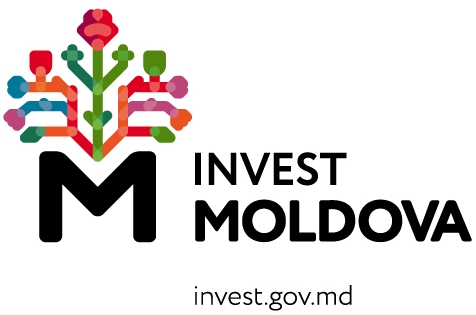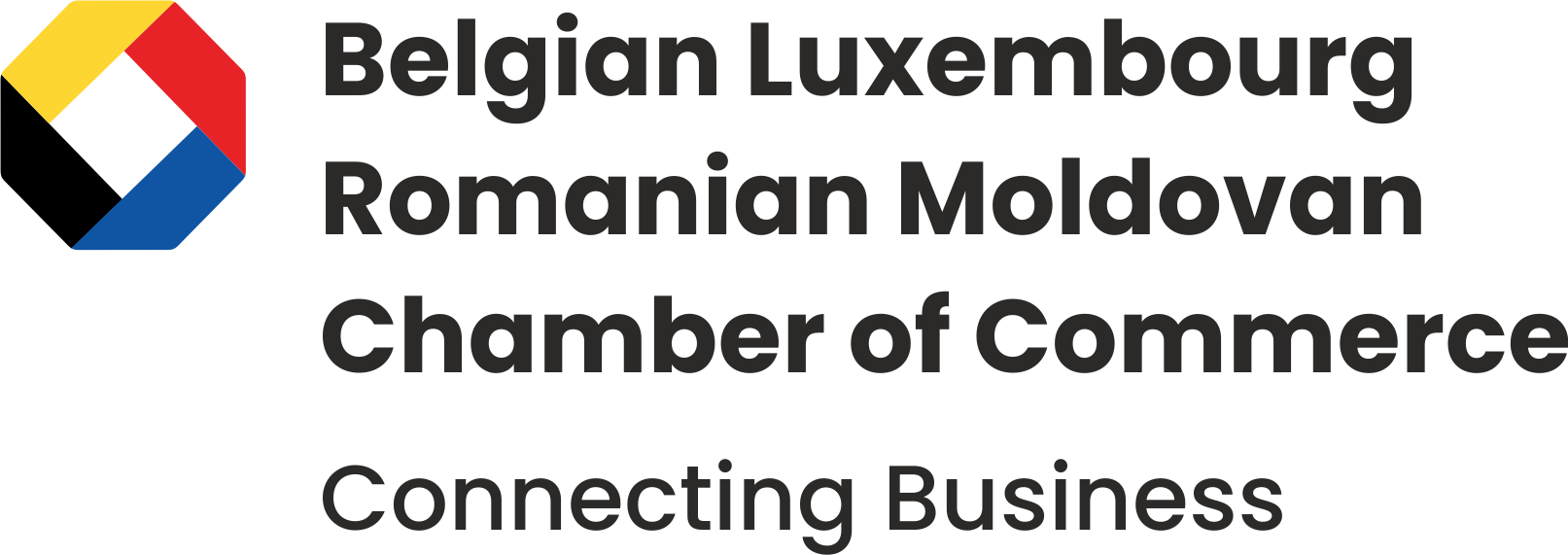ITP-Law
Information Technology Parks Law
Law regarding the information technology parks
Commentary to:
Art.
15 ITP-Law/
Art.
15- Tax benefits and incentives provided for the creation and operation of information technology parks
( In force since 2020-08-07 , valid until before 2024-02-12, click here to the changing
)(1) To facilitate the creation and operation of information technology parks, the state provides Park residents with the following incentives:
a) a single tax paid by Park residents in the amount of 7 percent of sales revenue, but not lower than the level set in part (2), including the following taxes and fees due from Park residents in accordance with applicable legislation: business income tax, payroll income tax, mandatory state social insurance contributions paid by employees and employers, mandatory health insurance contributions paid by employees and employers, local taxes, real estate tax and road usage fee for vehicles registered in the Republic of Moldova. Other taxes and fees are paid by Park residents in a General manner;
b) financial allocations received by competition under state programs;
c) the possibility of using funds from the digital innovation and technology start-up support Fund, which operates on the basis of a regulation approved by the Government that provides for the principles, mission and goals of the Fund, as well as the procedure for the formation and use of these funds;
d) other tax and customs benefits provided for by tax and customs legislation.
(1.1) For the application of a single tax levied on residents of information technology parks in accordance with paragraph (1) (a), income tax on wages, mandatory state social insurance contributions paid by employees and employers, and mandatory health insurance contributions paid by employees and employers are payments to employees or in their favor made by residents of information technology parks on the Basis of labor legislation and regulations containing labor law norms.
(2) The minimum amount of a single tax levied on residents of information technology parks is determined monthly for each employee and is 30 percent of the average monthly salary for the economy projected for the tax period of the corresponding tax.
(3) Levied on the resident information technology parks single tax, the amount of which is determined in accordance with this article shall be paid them monthly as provided by applicable law.
(4) If new laws are adopted that change the rate of the unified tax levied on residents of information technology parks and/or its composition provided for in paragraph (1) (a) and/or cancel this tax, Park residents are entitled to carry out activities in accordance with the provisions of the laws in force before the date of entry into force of the new laws for a period of nine years, which is calculated from the date of entry into force of this law and which should not exceed the period of operation of the relevant Park. If certain taxes and/or fees included in the unified tax levied on residents of information technology parks provided for in paragraph (1) (a) are replaced by other taxes and/or fees by legislation, the composition of the unified tax is adjusted accordingly without changing its rate.
(5) If Park residents do not comply with the conditions for applying the benefits provided for by this law, their obligations to the national public budget are recalculated in accordance with the General procedure, starting from the tax period in which the violation was committed, in accordance with the current legislation.

MDW - Moldova´s Germanspeaking Business Association
Chisinau Moldova
franz-anton.plitt@mdw-moldova.org - www.mdw-moldova.org
Up-to-date:
2022-11-02Berechnung der Steuer
Die Berechnung der Steuer ist ganz einfach.
Man berechnet zunächst die Einnahmen / den Umsatz durch simple Addition der entstandenen Ansprüche (Soll-Versteuerung, wie bei juristischen Personen in Mitteleuropa).
Dann nimmt man die Zahl der Mitarbeiter (die bereits beim Arbeitsamt registriert sind).
Sodann schaut man, was das prognostizierte Durchschnittseinkommen ist. Diese Prognose macht der Staat. In 2022 ist das 9.900 MDL = etwa 500 € brutto.
Dann rechnet man aus:
a.) Umsatz x 0,07 = 7 % = xxx MDL
b.) Durchschnittseinkommen (9.900) x 0,3 (30% = in 2022: 2.970 MDL = ca. 145 €) x Mitarbeiterzahl = yyy MDL.
Von diesen beiden Werten ist der höhere zu bezahlen, also entweder xxx MDL oder yyy MDL.
Damit ist dann zahlungstechnisch alles erledigt! Außer natürlich evtl. Mehrwertsteuer. Und bei Gewinnausschüttung fällt selbstverständlich Dividendensteuer an, je nach Doppelbesteuerungsabkommen (Moldova nimmt derzeit 6 %).
Abschreibungen, Privatentnahmen, Kilometerpauschalen, Steuerklassen, etc. spielen keinerlei Rolle für die Steuer!
Und ein ganz wichtiger Punkt sind für den einen oder anderen auch die Auswirkungen auf Mitarbeiteroptionen.
Das ist zumindest in der BRD ein ganz erhebliches Problem, wie eine gerade vom aktuellen deutschen Finanzminister vorgeschlagene Neuregelung zeigt.
In Moldova ist das als zusätzlicher Lohn steuer- und sozialabgabenfrei und deshalb kann man solche Regelungen problemlos treffen, ohne die irgendwo auch nur anzumelden (wenn ich da nicht irgendwo einen Denkfehler mache - nach meiner Auffassung spielt das allenfalls und auch nur vielleicht beim Wiederverkauf der Option eine Rolle, als dann steuerbare Quasie-Dividende bzw. Veräußerungsgewinn eines Anteils an einer Gesellschaft).
Konkret führt dies dazu, dass vielerlei Belege über theoretisch abzugsfähige Kosten von den Unternehmern gar nicht gesammelt sondern schlicht weggeworfen werden - denn das Verbuchen macht Arbeit und kostet Geld. Gewinnsteuern hingegen kann man dadurch nicht sparen.
Dass überhaupt Belege gesammelt werden liegt nur an der Erstattungsfähigkeit der Umsatzsteuer - und macht deshalb (erst) ab einer gewissen Höhe Sinn.
Da kann man als Unternehmer mal richtig über das Produkt und das Marketing nachdenken.
Beispiel nachstehend:



